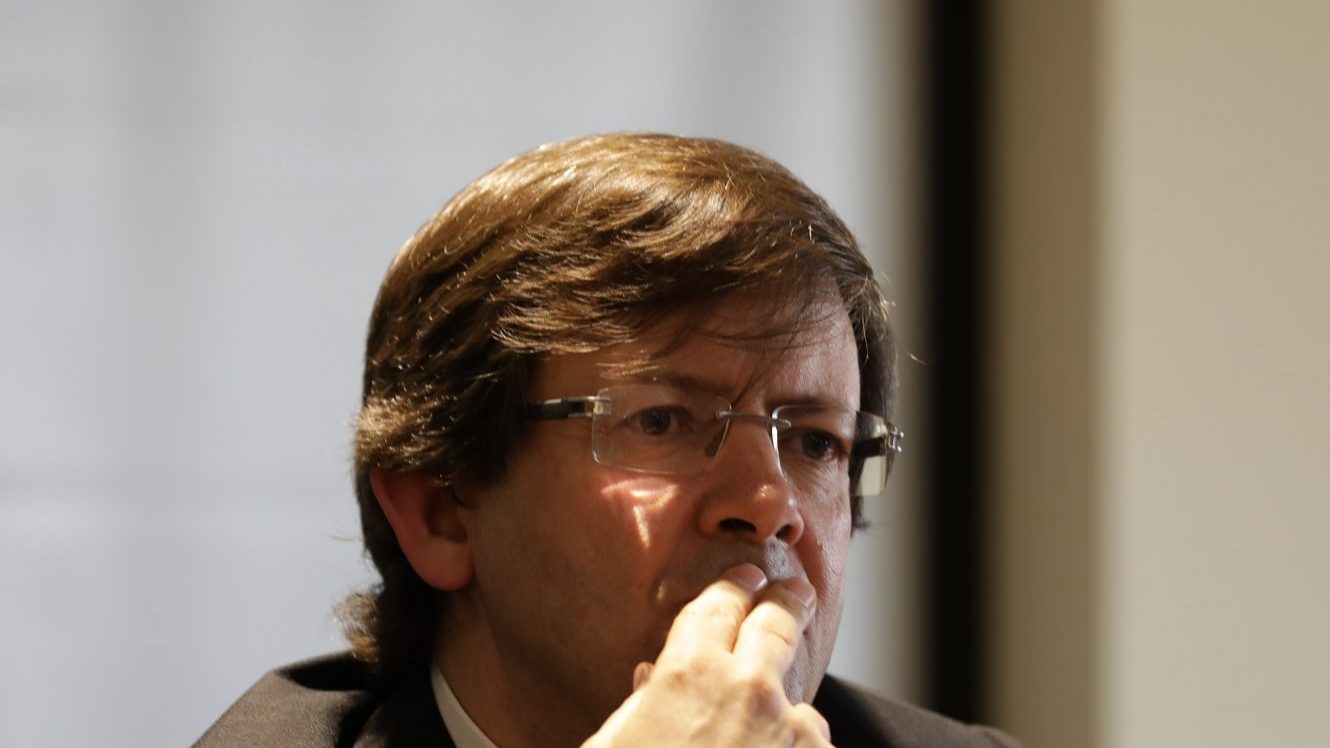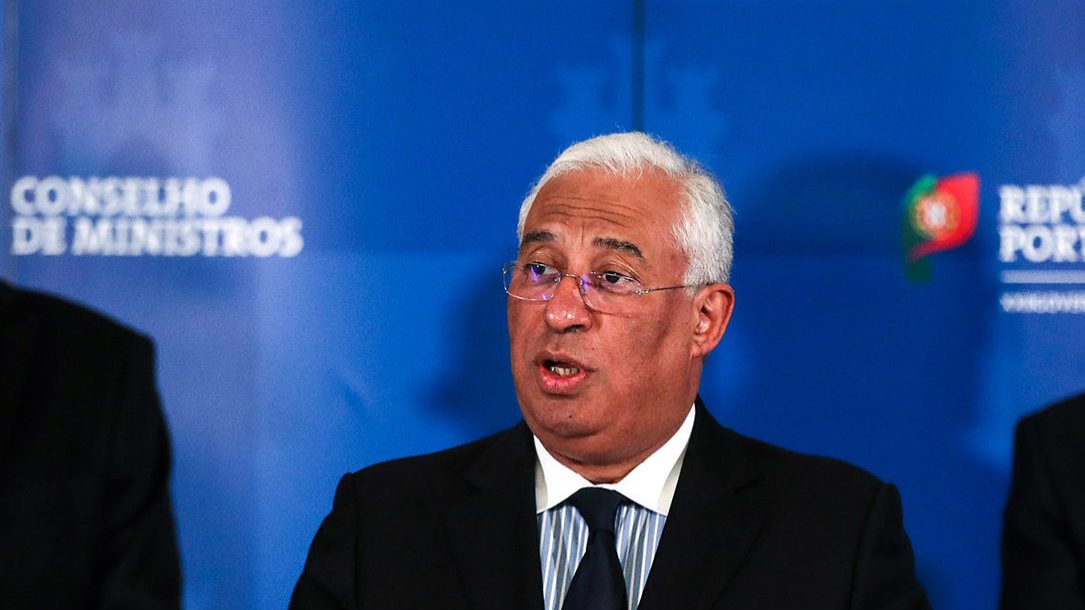Portugal to chair EU for the fourth time from January
In 2021, Portugal takes over its fourth Presidency of the Council of the European Union (EU), after those of 1992, 2000 and 2007.
On January 1 Portugal takes over its fourth Presidency of the Council of the European Union (EU), after those of 1992, 2000 and 2007, in which it concluded important European agreements and helped open Europe to Africa.
This +priorities of this fourth Portuguese Presidency, which will run for the first half of 2021, will be the EU budget for 2021-2027, the post-pandemic Recovery Fund and the Brexit, and will take place with new rules, defined by the Lisbon Treaty, in force since 2009.
With the Environment, Digital Transition, the Social Dimension, Resilience and Global Europe as major themes, the focus of this Portuguese Presidency will be Social Europe and, externally, the EU-India Summit and, as a key topic, the relationship between the EU and Africa.
In 2007, the third Portuguese Presidency, under the leadership of José Sócrates, had as a priority of priorities the signing of the Lisbon Treaty, which brought the Union out of the political and institutional crisis it had plunged into with the rejection of a European Constitution in referendums in France and the Netherlands.
Aiming to improve the functioning of the European bloc and strengthen its political weight on the international stage, the new treaty marked the birth of a new Europe, the president of the European Commission, José Manuel Barroso, said.
The second summit with Africa was the other major priority, to be held in December in Lisbon after difficult negotiations to overcome the UK’s opposition to Zimbabwean President Robert Mugabe, banned from travelling to Europe, being invited.
Mugabe was in Lisbon, as were almost 80 other heads of state and government, but British prime minister, Gordon Brown, missed the summit, which adopted a Strategic Partnership and the first Action Plan between the two continents.
The second presidency, led in the first half of 2000 by Portugal’s prime minister, António Guterres, focused on the Lisbon Strategy for modernising and strengthening the competitiveness and growth of the European economy and had as one of its highlights the 1st Africa-Europe Summit in Cairo.
Portugal was, however, faced at the outset with the so-called Euro-Austrian crisis in which 14 of the 15 member states froze bilateral political relations with Austria through the participation in the Vienna coalition government of members of a party considered to be far-right (FPÖ), led by Jörg Haider.
The Portuguese presidency reached an agreement for a pre-solution of the Austrian problem, which involved an independent evaluation of the behaviour of the Vienna government and the evolution of the political nature of the FPÖ, maintaining cohesion without isolating Austria too much.
It was then possible to secure the high point of the presidency’s timetable, the Lisbon summit, at which a series of reforms and plans were agreed to put the ‘new e-economy’, the internet and the information society at the service of economic growth, employment and social cohesion in the EU.
In 1992, the first Portuguese presidency of the then European Economic Community (EEC) was led by Prime Minister Aníbal Cavaco Silva and was marked by a historic reform of Europe’s most important policy, the Common Agricultural Policy (CAP), but also by the first major institutional crisis, triggered by the Danish “no” vote in a referendum on the Maastricht Treaty, approved a few months earlier, in December 1991.
The crisis erupted in the middle of the presidency, which had begun in a climate of some euphoria at the recent approval of the Treaty paving the way for the creation of a single currency, the euro, and it was up to Portugal to seek a political solution which would enable the Danes to exchange the “no” for the “yes” in a second referendum the following year.
This first presidency, which was held when Portugal was only six years a member of the EEC, was also marked by the tension caused by the outbreak of the wars which led to the break-up of the former Yugoslavia.


